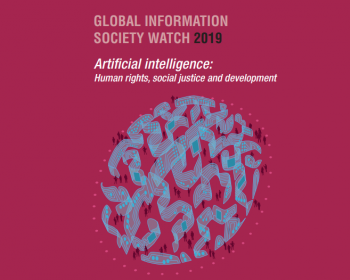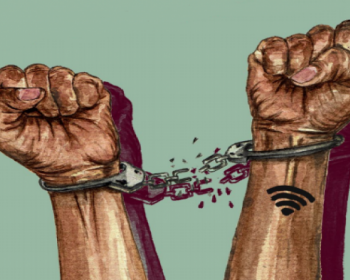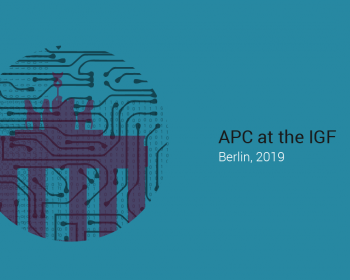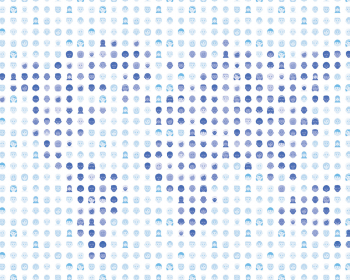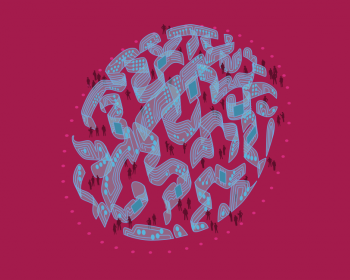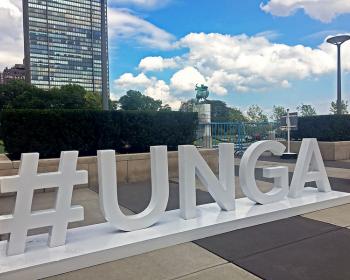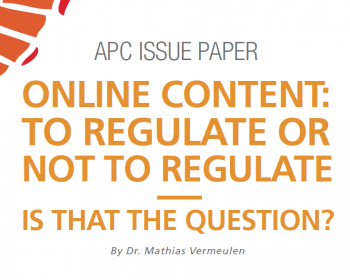Human rights and ICTs
Efforts to bolster cybersecurity often ignore the human rights dimension, or worse, view human rights as an impediment to cybersecurity. This is a dangerous and misguided assumption. Cybersecurity is a human rights issue, and it is time to start treating it like one.
While pointing to the positive use of AI to enable rights in ways that were not easily possible before, this edition of GISWatch highlights the real threats that we need to pay attention to if we are going to build an AI-embedded future that enables human dignity.
APC presents this report on the experience and situation of women and LGBTIQA+ persons and communities in relation to the intersection of religion and online spaces, with particular examples from Asia given the pressing nature of the issues in the region.
Eleven civil society organisations that closely follow and engage with the Third Committee of the United Nations General Assembly (UNGA), including APC, joined together to publish this joint statement on outcomes of the Committee's 74th session in November 2019.
The Association for Progressive Communications (APC) is mobilising for the 14th annual Internet Governance Forum (IGF) in Berlin, Germany, where it will be participating in activities from 25 to 29 November 2019.
We agree that multilateralism and multistakeholderism are both necessary and can coexist. Both must be strengthened, and particular focus is needed to bring far more diverse voices to the table to ensure that such processes are inclusive and reflect the needs of those facing digital exclusion.
The 2019 edition of Global Information Society Watch (GISWatch) will be launching at the IGF in Berlin on 28 November! The theme this year is quite timely, as the new edition explores “Artificial intelligence: Human rights, social justice and development”.
We condemn the blatant attacks on Maryam Lee’s constitutional and internationally guaranteed rights, which are also inconsistent with commitments made by Malaysia at the Human Rights Council to repeal laws that restrict fundamental freedoms.
Countering cybercrime is a key challenge that requires international cooperation. However, the approach taken in the draft resolution “Countering the use of information and communications technologies for criminal purposes” is fundamentally flawed and would restrict the use of the internet for human rights, and social and economic development.
Recently there have been a flurry of proposals to “regulate the internet”, which in practice boils down to more narrowly regulating online content. In order to suggest a principles-based approach to regulation, this issue paper highlights positive and negative aspects of some recent initiatives.

Association for Progressive Communications (APC) 2022
Unless otherwise stated, content on the APC website is licensed under Creative Commons Attribution 4.0 International (CC BY 4.0)




